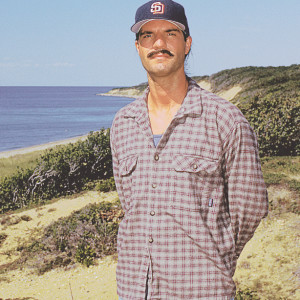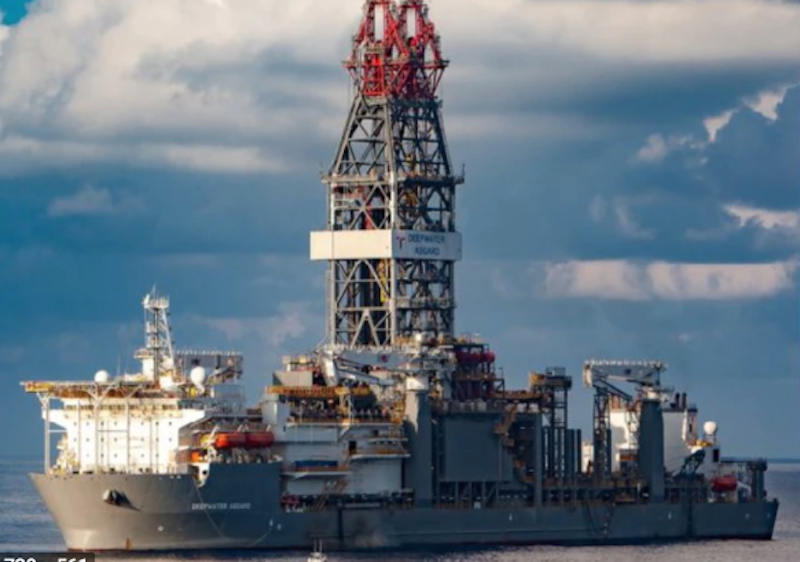The Transocean drillship Deepwater Asgard got “caught” by Hurricane Zeta while still attached to the well it was drilling. Didn’t they see it coming? Yes, of course they did. The drillship’s location was clearly within the Zeta’s predicted “cone of uncertainty” right from the start.
In 1982 the great punk philosophers and musicians The Clash asked the eternal question, “Should I Stay or Should I Go?” Apparently the captain of the Deepwater Asgard thought the very same thing and wisely concluded that going was far better than staying. But it was not to be, because fools ashore decided otherwise and ordered the ship to remain on station and attached to the well.
In the numbingly bland wording of the title of its Safety Alert No. 415, the Bureau of Safety & Environmental Enforcement (BSEE) declared that there were “Inadequate Preparations in Advance of Inclement Weather Results in Excessive Rig Damage and Risk to Personnel.” Well, yeah, to say the least.
Sufficiently alarmed by what was shaping up to be a direct hit, the captain had already begun the process of disconnecting a day before Zeta’s arrival when he was ordered to stop. After further consideration, shoreside managers and the “customer,” obviously putting safety first, decided that relocating was out and staying put and riding it out was the “right” thing to do. Major damage ensued and disaster was narrowly averted.
There’s something really easy to understand about the dangerous power dynamic at work here and why these things keep happening over and over again — the captain is always the weakest party in the equation, and always will be. It’s by design. Don’t be misled by strong statements made by the various players and regulators about “the master’s overriding authority” because they don’t really mean it.
Exercising this authority often clearly has negative consequences and is completely at odds with the explicitly stated principles of the mandatory safety management systems (SMS) that the industry swears are the solid safety backstop against greed and idiocy. In reality that backstop often looks like a Little League backstop in a poor town, full of holes.
Expecting the captain to always do the right thing, while dealing with the significant shoreside pressure from several parties to do the wrong (but more profitable) thing, is either laughably foolish or simply disingenuous.




